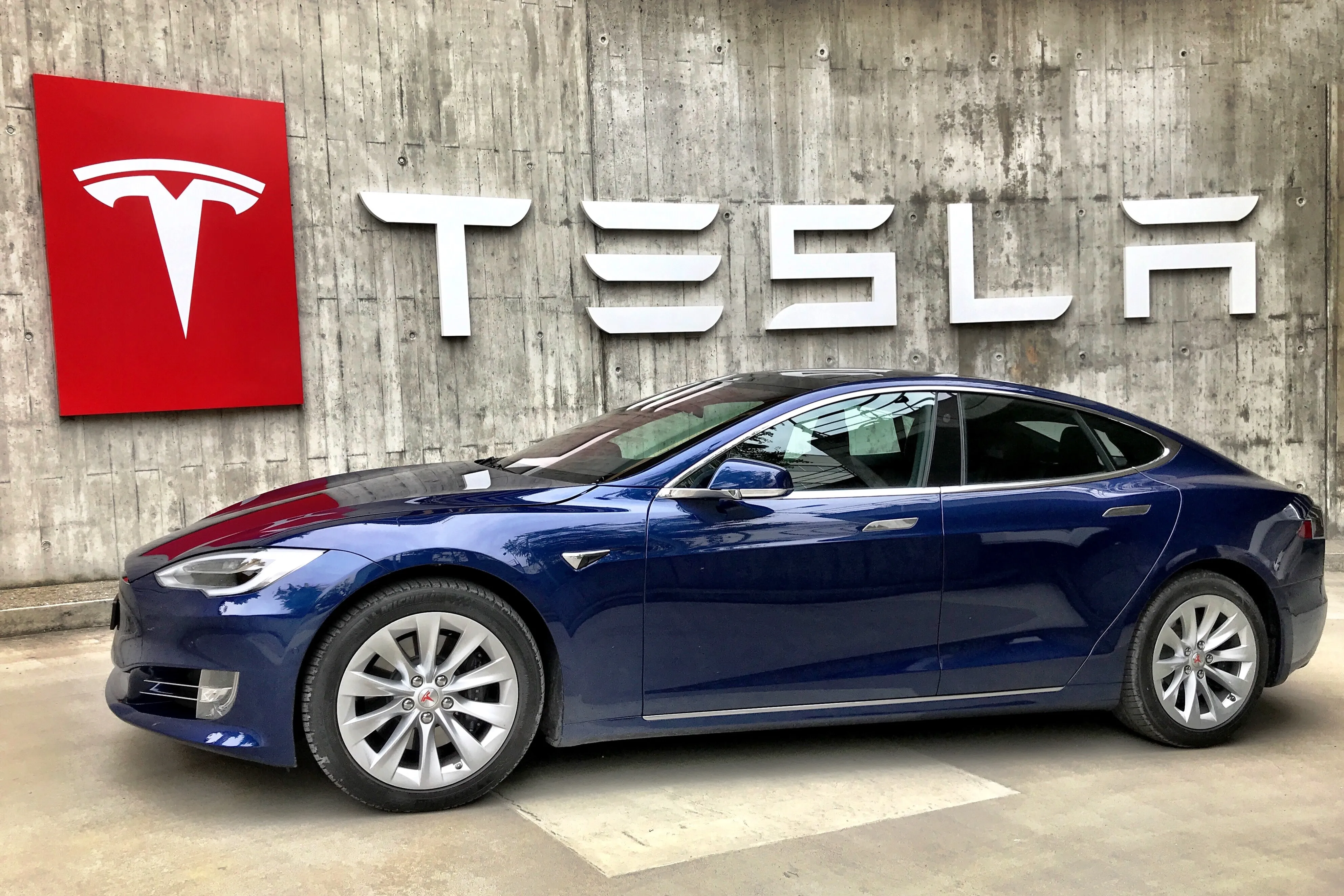Automobile
Steering Towards a Greener Future Tesla's Pioneering Role in Electric Mobility

In response to the mounting environmental concerns, the automobile industry is undergoing a monumental shift. Pioneering this transformative journey, Tesla has become the embodiment of electric vehicle (EV) innovation, shaping a future that marries technology and sustainability. This comprehensive overview focuses on Tesla's groundbreaking contributions to the electric mobility landscape, taking into account its ecological footprint, cost-effectiveness, and technological strides.
Tesla: Leading the Charge in Electric Mobility
Under the visionary leadership of Elon Musk, Tesla Motors has been instrumental in changing the public perception of EVs from an eco-friendly alternative to a coveted innovation. By substituting traditional internal combustion engines with an electric motor, Tesla's vehicles run on electricity, much like your everyday electronic devices. Tesla's diversified product range encompasses the upscale Model S, the budget-friendly Model 3, and the futuristic Cybertruck.Environmental Footprint of Tesla's Electric Vehicles
A commitment to hasten the global shift towards sustainable energy lies at the heart of Tesla's mission. Its electric vehicles, which emit no tailpipe pollutants, are a concrete step towards cleaner air and reduced greenhouse gas emissions. According to the U.S. Department of Energy, EVs have the potential to decrease emissions that contribute to climate change and smog by more than 60 percent compared to traditional vehicles.Nonetheless, it's important to note that the production process of EVs, particularly of batteries, is energy-intensive and can result in higher initial emissions than those from conventional cars. But over their lifetime, Tesla vehicles exhibit a greener performance owing to significantly lower operating emissions.
Cost-Effectiveness of Tesla's Electric Vehicles
While Tesla's electric vehicles may initially be more expensive than their gasoline-powered counterparts, the overall ownership cost can often be considerably lower in the long run. Tesla vehicles' exceptional energy efficiency means they are less expensive to power and maintain. Moreover, electricity prices are generally lower and more stable than those of gasoline, leading to more predictable and often lower operational costs. Furthermore, the reduced mechanical complexity of EVs results in lower maintenance expenses over the life of the vehicle.Tesla's Technological Innovations: A Roadmap to Success
Tesla has been a trailblazer in the realm of EV technology. It has made significant strides in battery technology, substantially extending the range of its EVs and reducing charging times. The Tesla Supercharger network has played a vital role in providing rapid charging infrastructure globally, significantly mitigating "range anxiety."In addition, Tesla's vehicles are capable of interfacing with smart grids, facilitating energy feedback into the grid during periods of peak demand. This advanced approach has ushered in exciting prospects like the "Vehicle-to-Grid" technology, effectively transforming vehicles into mobile power storage devices.

